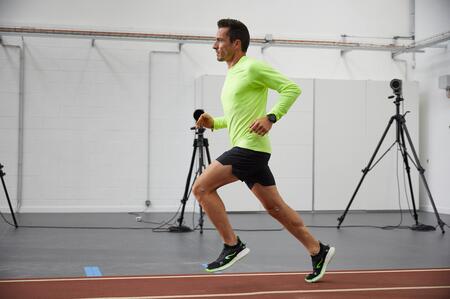

The life of our products
From the design of the products to their end of life, including their manufacture and transport... DECATHLON sports products are a whole story!

From the design of the products to their end of life, including their manufacture and transport... DECATHLON sports products are a whole story!